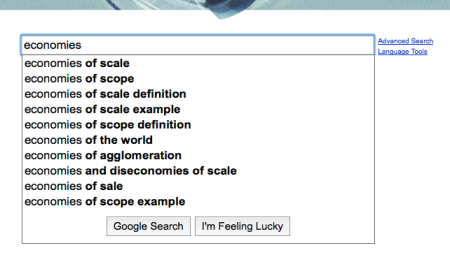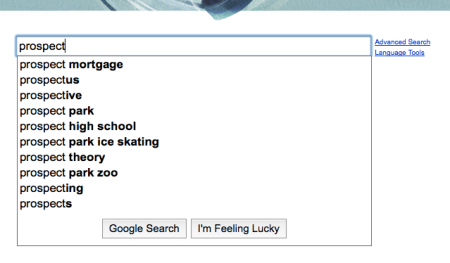Nudges.wordpress.com has been a great home for the Nudge blog over the past year and a half, but it’s time to move on. Where to? www.nudges.org. That’s right, we’re taking over our first home and revamping it for the future. We’ve added new social media capabilities that let you share our posts on facebook and twitter more easily. And you guessed it, we’ve got a facebook page and a twitter handle now. Finally, yes. We hope you’ll friend us and follow us as we try to use these platforms for our insights and content.
For the time being, nudges.wordpress.com will remain active with our old posts. We’ve imported all of that content to the new site where you can search our archives and find any old post you’re interested in. Eventually we will redirect traffic from this site to www.nudges.org, but we hope you’ll be out in front of us by bookmarking www.nudges.org in your browser or adding our feed www.nudges.org/feed to your RSS reader. If you continue to use our old feed, you won’t receive any of our new content, unfortunately. If you’ve been getting updates to your inbox, we’re asking you to switch over and follow us via the new page or the new feed. Your inbox is a busy place already, no doubt.
Say goodbye to nudges.wordpress.com and hello to www.nudges.org. Thanks for keeping up with us so far. We hope you’ll continue to do so at our new home.






